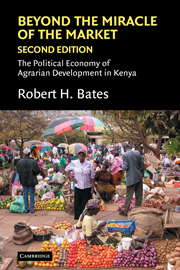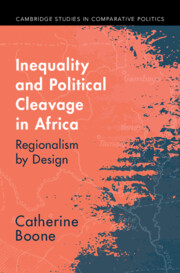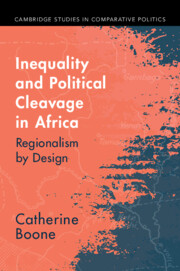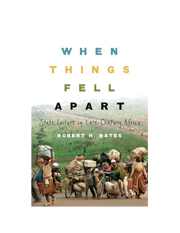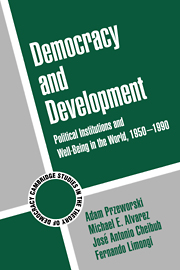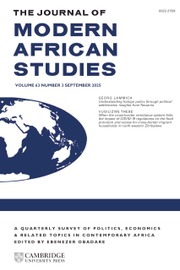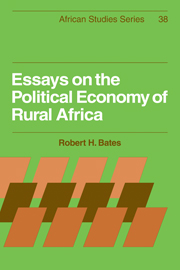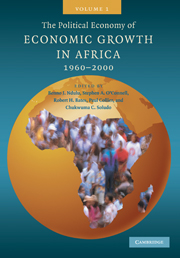Beyond the Miracle of the Market
As capitalism defeated socialism in Eastern Europe, the market displaced the state in the developing world. Robert Bates focuses on Kenya, a country that continued to grow while others declined in Africa, and criticizes the neo-classical turn in development economics. Attributing Kenya's exceptionalism to its economic institutions, Bates relates its subsequent economic decline to the change from the Kenyatta to the Moi regime--and the subsequent use of the power of economic institutions to redistribute rather than to create wealth.
- A foundational work in the political economy of development
- Helped to pioneer the new institutionalism in development economics
- One of the first books to show that the market would not emerge spontaneously but requires complementary inputs from institutions and the political system
Reviews & endorsements
"Theoretically rigorous, at times even elegant, this volume further confirms Robert Bates as one of the keenest observers of the complex relationship between politics and economics in the developing world. . . . Throughout, Bates masterfully expands on his theoretical arguments, demonstrating that it is necessary to anchor an analysis of class formation within an analysis of social structure and that one has to include an analysis of the broader polity within any study of agrarian politics." American Political Science Review --
Product details
May 2005Paperback
9780521617956
226 pages
229 × 152 × 13 mm
0.34kg
7 b/w illus. 3 maps 22 tables
Available
Table of Contents
- 1. The demand for revolution: the agrarian origins of Mau Mau
- Appendix 1A. Kinship and stratification
- 2. Material interest and political preference: the agrarian origins of political conflict
- 3. Institutional structure, agricultural development, and political conflict
- 4. From drought to famine: the dynamics of subsistence crises
- Appendix 4A. The buying center program
- 5. The politics of food crises
- Appendix 5A. Famine: Meru, August 1984.

